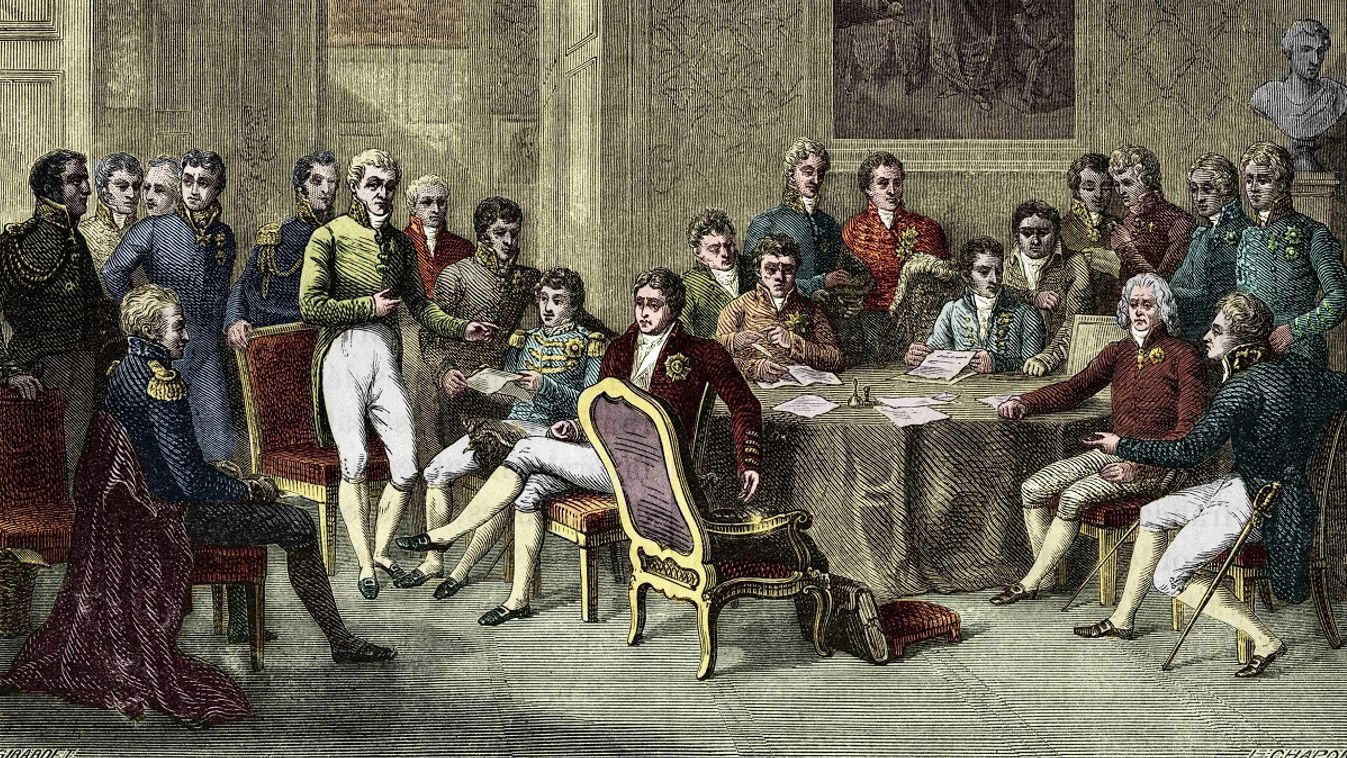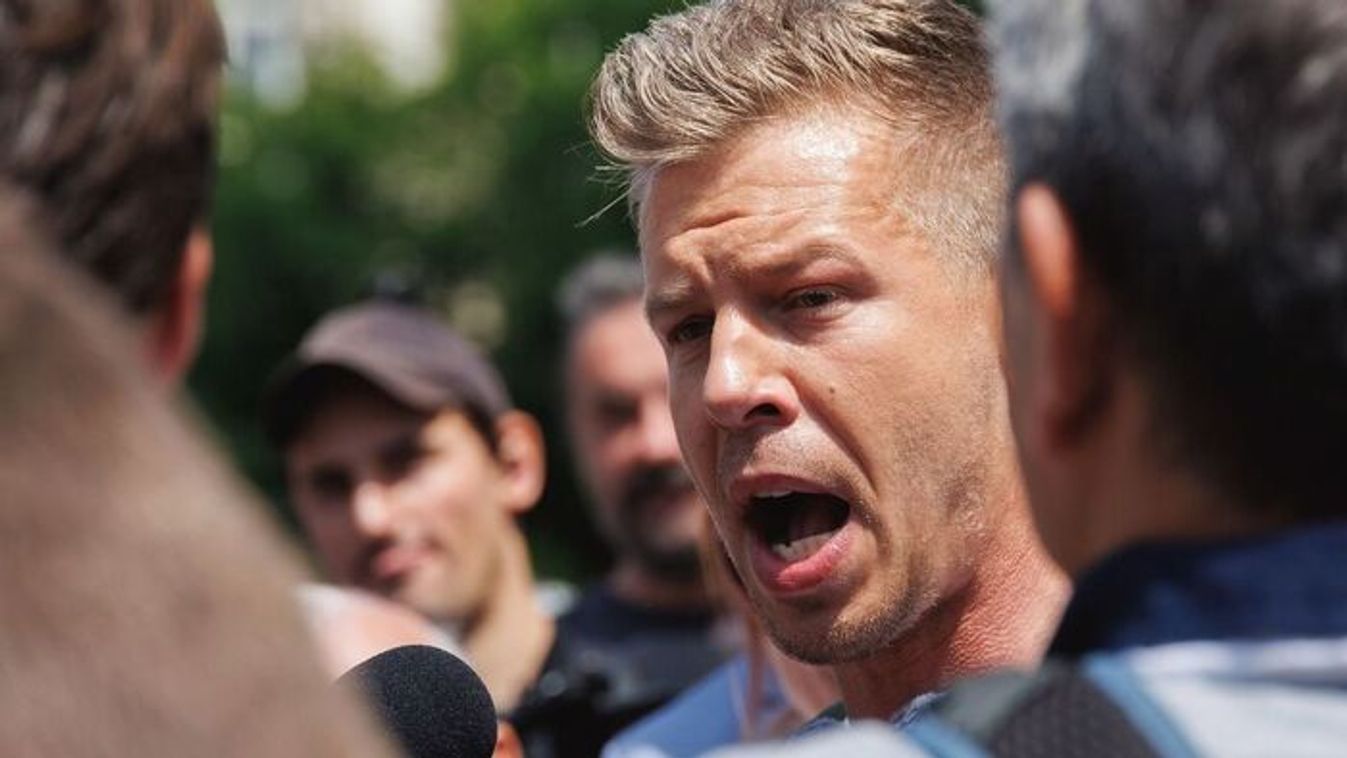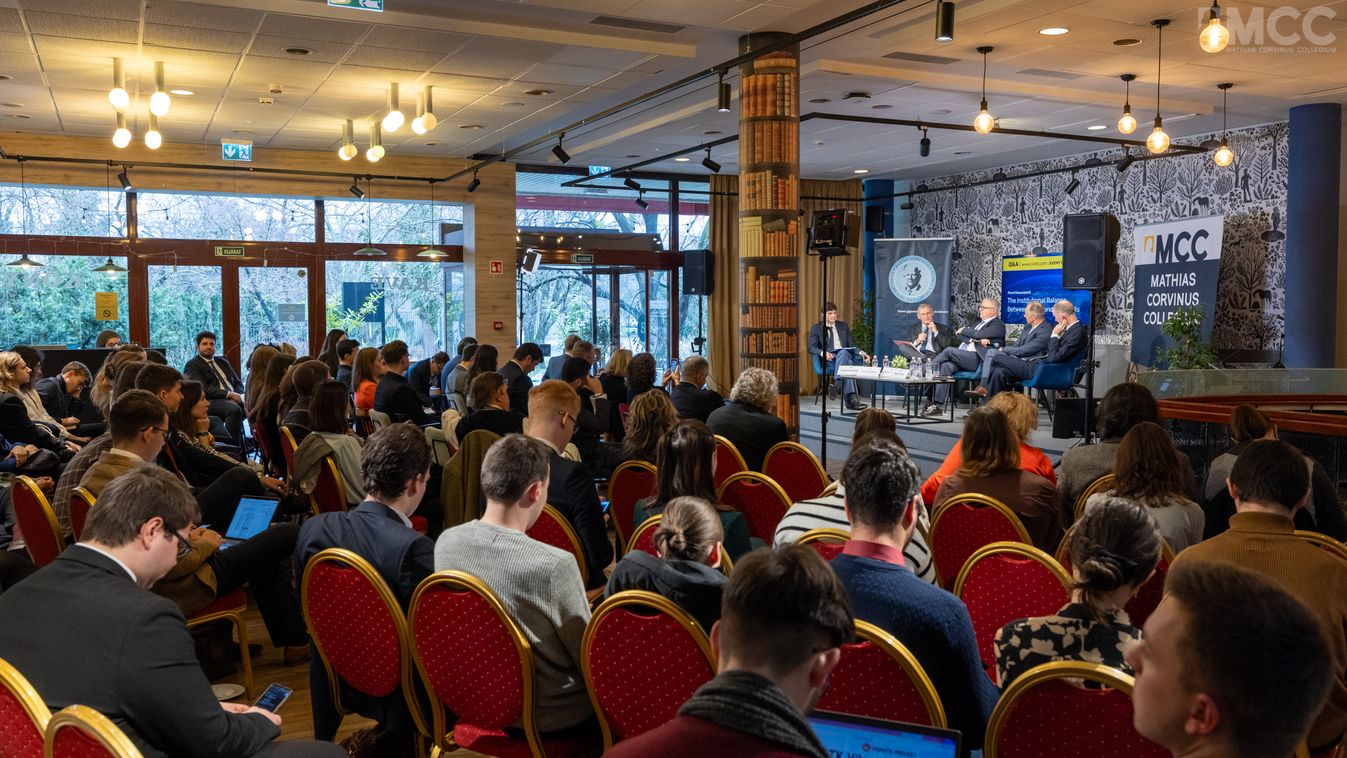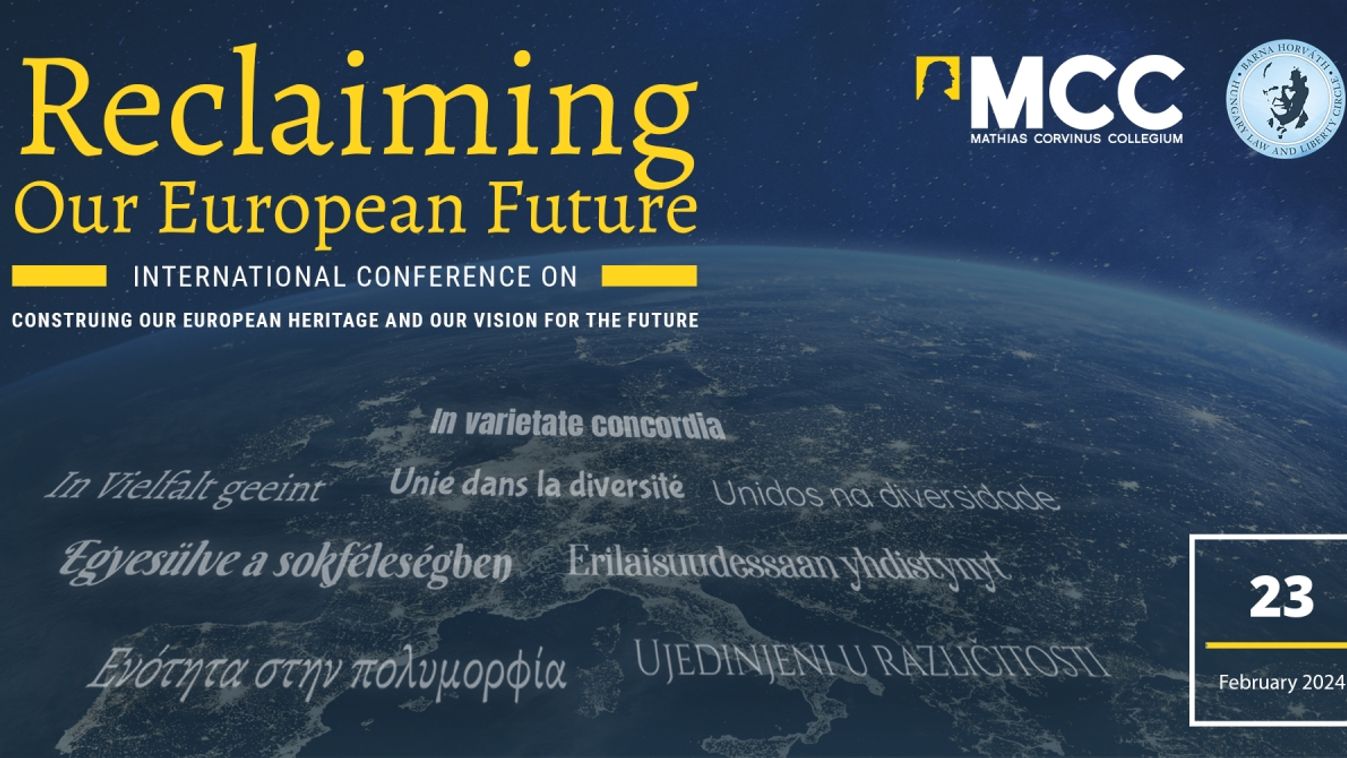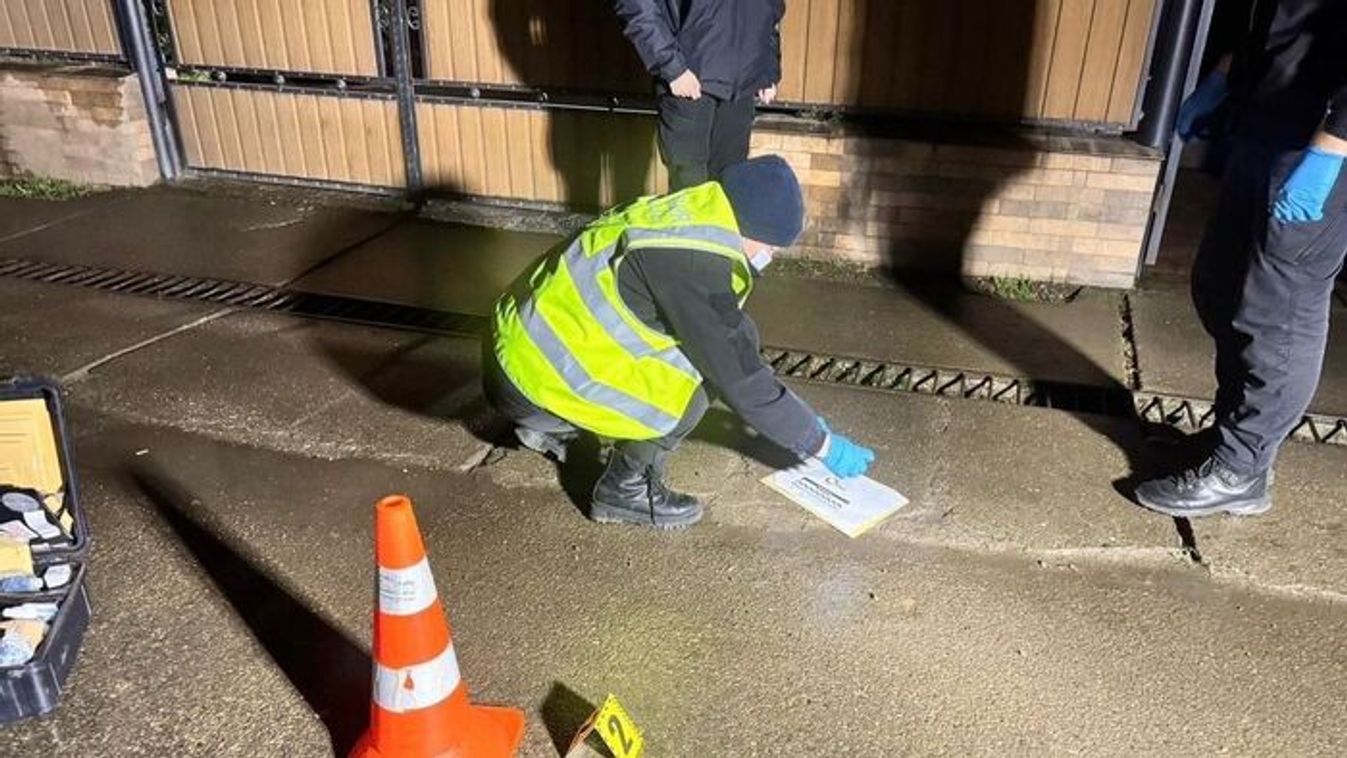The U.N. General Assembly has some measures that it can take when the Security Council is blocked, but they are somewhat limited, as the General Assembly’s power under the Charter is chiefly to make recommendations. As to accountability, for example, the General Assembly could recommend the creation of an ad hoc hybrid tribunal on aggression. It might alternatively create a mechanism to compile evidence of the crime of aggression related to Russia’s invasion of Ukraine for use by a future tribunal or domestic courts.
The ICJ recently ordered the Russian Federation to immediately suspend its military operations. The case was brought under the Genocide Convention related to Russia’s baseless claims of genocide occurring in Eastern Ukraine. The difficulty, obviously, is that the Court does not have a way to force Russia to comply with the decision. Yet, I find it quite amazing that the Ukrainian Government (while under attack) was able to file a case before the ICJ and thus harness the rule of law. By failing to adhere to the ICJ’s ruling (and by the invasion and what appear to be clear war crimes), Russia is quickly becoming an international law pariah nation.
Let’s turn to the question of individual legal responsibilities both for the aggression as well as for the acts that violate the so-called “jus in bello”. Unfortunately, we are getting an increasing number of reports on violations of international humanitarian law. What are the chances of national or international criminal investigation?
The ICC has jurisdiction over genocide, war crimes and crimes against humanity committed on the territory of Ukraine. This was created by Ukraine’s execution of two Article 12(3) declarations.
Thus, the ICC has opened an investigation into war crimes and crimes against humanity being committed in Ukraine,
and this could well result in the eventual issuance of arrest warrants.
However,
the ICC does not have jurisdiction over the crime of aggression
which has a different jurisdictional regime. In 2010, there was a carve-out created in the ICC’s jurisdiction over the crime of aggression (at US insistence) that limits it from applying to the nationals of, or crime committed on the territory of, a state that is not a party to the ICC’s Rome Statute, such as Russia and Belarus. Otherwise, the ICC would have been able to open an investigation into aggression in Ukraine, along with its current investigation.
National courts may also eventually play a role, as many countries have war crimes as well as the crime of aggression in their domestic laws, some with universal jurisdiction. However, aggression (at least in the Rome Statute’s definition) is a “leadership crime,” so that it applies to high level political or military leaders. Such individuals may well have immunities that would attach in cases before domestic courts.
How do you see the procedure with the crime of the aggression?
In this present case, the U.N. General Assembly declared that an act of aggression has occurred with Russia’s invasion of Ukraine. Therefore, any political or military leader who planed, prepared, initiated, or executed the invasion is committing, or has committed, the crime of aggression. The difficulty is where to prosecute the crime. If the U.N. Security Council were not paralyzed by Russia’s veto, then the Security Council could simply refer the situation in Ukraine to the ICC, which would permit the Prosecutor to include the crime of aggression in the investigation and allow its prosecution before the ICC.
Given the extreme improbability of a U.N. Security Council referral, there are proposals being made for establishing an ad hoc tribunal to prosecute aggression in the territory of Ukraine. Obviously, due to the veto power, such a tribunal cannot be created through the U.N. Security Council as were the Yugoslav and Rwanda Tribunals.
The best way an ad hoc tribunal could be created would be if the U.N. and Ukraine agree to such a tribunal
(based on the models of the Sierra Leone Special Court and Cambodia Tribunal), with the General Assembly recommending the tribunal’s creation.
There is another proposal, endorsed by U.K. officials, to pool domestic jurisdictions following the Nuremberg precedent. The optics of such a Nuremberg style tribunal are quite poor as it is being proposed by the nationals of a country that worked to narrow the ICC’s jurisdiction over the crime of aggression in 2017 (in the resolution that activated the crime’s jurisdiction), and a country that used military force in Iraq (along with the U.S.) based on a flimsy legal theory. Additionally, the Nuremberg precedent—which dates back to 1945 and is long outdated by the experience of all the more recent tribunals—could encourage states to pool jurisdictions when they want; perhaps Russia and Belarus will do so in the future. Furthermore, there are immunities issues at the national level (as mentioned), and if one pools national jurisdictions, one may still have the same immunity issues—potentially immunizing the very leaders the crime of aggression is designed to prosecute.
A hybrid tribunal created by the U.N. and Ukraine, based on the General Assembly’s recommendation, by contrast: (1) would have far greater legitimacy, as based on multilateral support and negotiated by the U.N.; and (2) could avoid these immunities problems, by relying on the Special Court for Sierra Leone’s precedent in the Charles Taylor case—that a sitting head of state lacks immunity before an international or hybrid tribunal.
In the long run, however, we don’t want ad hoc solutions. The ICC’s States Parties need to fix the crime of aggression’s jurisdictional regime in the Rome Statute and bring it either in line, or more in line, with the ICC’s jurisdiction over its other three crimes. Only then could there be enough jurisdiction hopefully to some deterrence so that future perpetrators think twice before violating the U.N. Charter so flagrantly.



